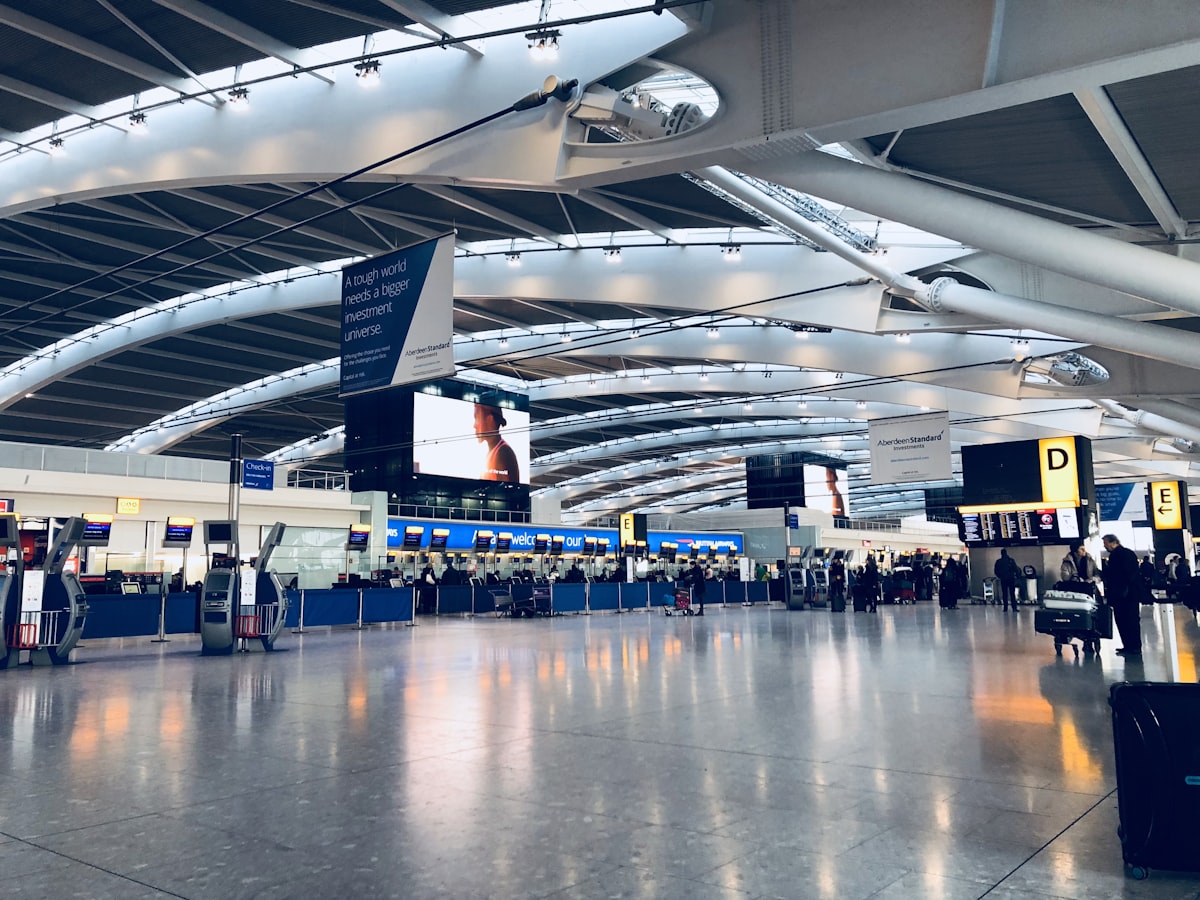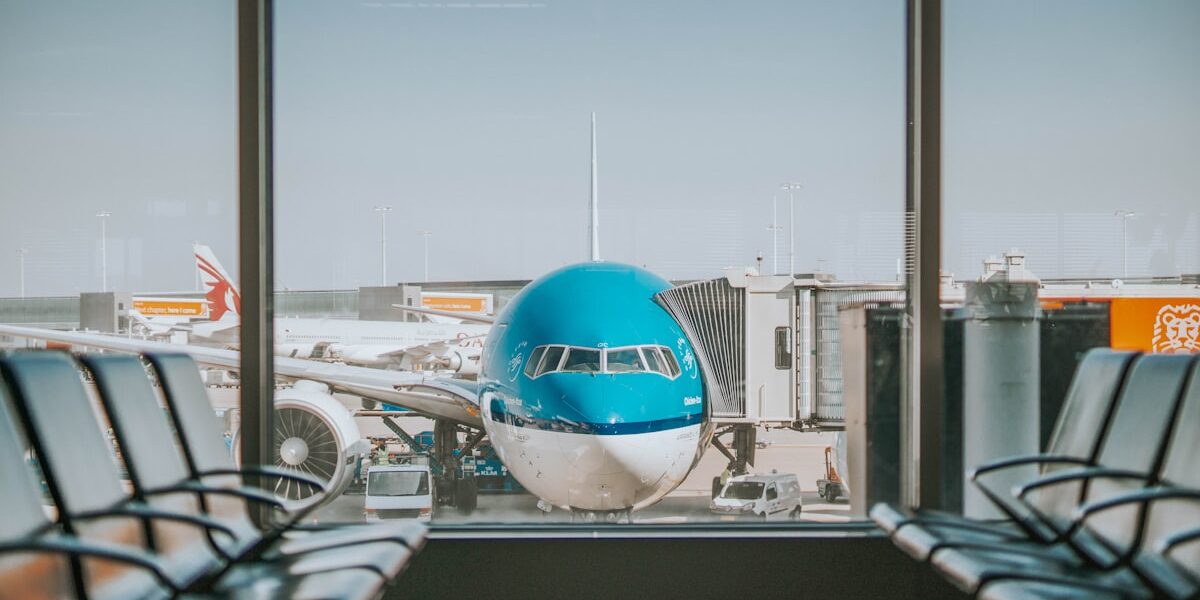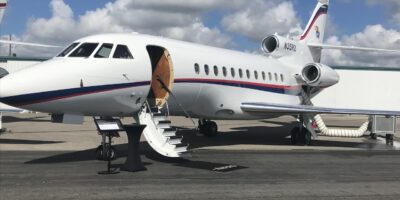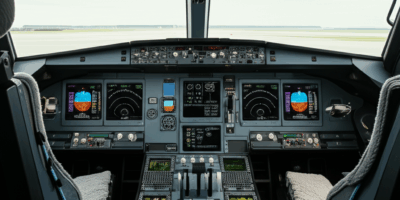Travel Management System
Travel Management System
Business travel has gotten complicated with all the booking platforms, expense tools, and corporate policy requirements flying around. I remember the days when “managing travel” meant calling a travel agent and handing in a stack of receipts when you got back. Those days are long gone. Today’s travel management systems handle everything from booking to expense reports to compliance tracking, all in one place. And honestly? If your company sends people on the road with any regularity and you’re still cobbling things together with spreadsheets and email, you’re making life harder than it needs to be.

Booking and Reservations
This is where a travel management system earns its keep right away. Instead of hopping between airline websites, hotel booking platforms, and car rental pages, everything’s integrated. You search, compare, and book flights, hotels, and rental cars from one interface. Done.
But here’s the part that really matters for companies: the system enforces travel policies automatically. If your company says economy class only, the TMS flags first-class bookings before they go through. No awkward conversations with accounting after the fact. Employees book within guidelines because the system won’t let them do otherwise. That alone saves companies real money.
Expense Tracking and Management
Probably should have led with this, because it’s where the most pain usually lives. Tracking expenses during a business trip used to mean stuffing receipts in your pocket and hoping you didn’t lose any. A TMS automates the whole thing. Expenses get captured in real time during the trip. Employees can snap photos of receipts and categorize costs as they go. The system checks everything against the budget and alerts people if spending is getting out of hand.
When the trip’s over, generating an expense report takes a few clicks instead of a few hours. And those reports can be formatted however your accounting team needs them. No more “I think this receipt was for lunch but it might have been parking” situations.
Policy Compliance
Getting people to follow travel policies is one of those challenges that never quite goes away. A good TMS takes the guesswork out of it by building the policies right into the booking process. Automatic reminders pop up about what’s allowed. Non-compliant options get flagged before anyone can book them.
The system also keeps a record of everything, which creates an audit trail that’s useful for reviewing compliance patterns and spotting areas where the policy itself might need updating. Transparency and accountability happen almost automatically.
Vendor Management
When you’re dealing with preferred airlines, hotel chains, and car rental companies — each with their own negotiated rates — keeping track of it all is a job in itself. A TMS centralizes all of this. Preferred vendors and their rates are right there in the system, so employees always know which vendors to use and what prices to expect.
You can also track how vendors are performing. Users leave feedback and ratings, which gives you real data when it’s time to renegotiate contracts or switch providers. That kind of leverage matters when you’re spending serious money on travel.
Travel Itinerary Management
If you’ve ever tried to piece together a complex trip from separate confirmation emails, you know how annoying that is. A TMS pulls everything into one consolidated itinerary — flights, hotels, ground transportation, meetings. One document with everything you need.
Even better, it updates in real time. Flight got rescheduled? The itinerary reflects it immediately. No more scrambling to figure out what changed and how it affects the rest of your trip. That kind of stress reduction is worth more than people realize.
Analytics and Reporting
Data matters, and a good TMS collects it on everything travel-related. Expenses, policy compliance, vendor performance, travel patterns — it’s all there. The reports you can pull from this data help you understand where money is going, which policies are working, and where you can optimize.
That’s what makes a solid TMS endearing to finance teams — instead of guessing at travel costs, they’ve got actual numbers to work with. Budget planning gets easier, and you can spot trends that would be invisible without centralized data.
User Experience
Nobody’s going to use a system that’s painful to navigate. Good travel management platforms get this and offer clean, intuitive interfaces that work on desktop, tablet, and phone. When a traveler is standing in an airport and needs to check their itinerary or submit a receipt, the mobile experience has to be solid.
Providers typically include onboarding training and ongoing support too. This ensures people actually know how to use the system effectively, which is half the battle with any enterprise tool.
Security and Data Protection
Travel data includes personal information, credit card numbers, and detailed schedules of where people will be and when. That’s sensitive stuff. Modern TMS platforms use encryption, secure access controls, and regular security updates to keep everything locked down. Compliance with data protection regulations adds another layer of protection.
You want to know that your travel plans aren’t floating around unsecured. Good systems make sure of that.
Integration with Other Systems
A TMS doesn’t exist in isolation. The best ones connect with your ERP, HR system, and expense management platform. Automatic synchronization with HR means employee details stay current. Integration with expense management makes reimbursement smoother. These connections eliminate double entry and keep data consistent across your organization.
The less manual data transfer happening between systems, the fewer errors you’ll deal with. That’s just math.
Mobile Access
This one’s non-negotiable for frequent travelers. Being able to manage bookings, check itineraries, and submit expenses from your phone is the difference between a system people actually use and one they work around. Push notifications keep travelers informed about changes and updates without them having to constantly check in.
When you’re in a different city every other week, mobile access isn’t a nice-to-have. It’s the whole point.
Customizable Solutions
Every company operates differently. A one-size-fits-all approach doesn’t work for travel management any more than it works for anything else. Good TMS platforms let you configure policies, approval workflows, reporting formats, and just about everything else to match how your organization actually operates.
This flexibility also means the system can grow with you. As the business changes and travel needs evolve, the TMS adapts rather than becoming a bottleneck.
Emergency Support
Flights get cancelled. Hotels lose reservations. Natural disasters happen. When a traveler is stuck somewhere and needs help right now, having 24/7 support built into the system is a lifesaver — sometimes literally. Emergency contacts and resources are integrated so travelers can get assistance fast.
Nobody plans for emergencies, but the companies that prepare for them handle them a lot better.
Cost Management
At the end of the day, one of the biggest reasons companies invest in a TMS is controlling costs. Budget-setting tools, real-time spending alerts, and negotiated vendor rates all work together to keep travel expenses under control. Detailed expense reports highlight where money is being saved and where it’s being wasted.
Most companies that implement a TMS see measurable cost reductions within the first year. The system pays for itself faster than you’d expect.
Sustainability and Travel Policies
More companies are taking their environmental impact seriously, and travel is a big part of that footprint. A TMS can help enforce eco-friendly travel policies — promoting train over plane for short distances, offering carbon offset options, and tracking the company’s overall travel-related emissions.
Reports on carbon footprints give leadership the data they need to set and track sustainability goals. It’s a practical way to align travel practices with broader corporate responsibility objectives.
Automation and Efficiency
Automation handles the repetitive stuff — booking confirmations, expense categorization, approval routing — so employees can focus on their actual jobs instead of paperwork. Managers get notified when something needs their approval, and the response loop is fast.
The administrative time saved adds up quickly. Multiply that across hundreds or thousands of trips per year, and you’re talking about significant productivity gains.
Training and Support
Rolling out any new system requires good training, and TMS providers know this. User manuals, webinars, hands-on training sessions, and ongoing help desk support are all part of the package. The goal is getting everyone comfortable enough with the system that they actually use it properly.
Because a TMS that nobody uses correctly is just expensive software collecting dust.
Global Capabilities
For companies with international operations, the TMS needs to handle multiple currencies, languages, and regulatory environments. Good platforms do this natively, making it just as easy to book travel in Tokyo as in Toronto.
Compliance with international travel regulations is built in, so you’re not scrambling to figure out visa requirements or local booking rules for every destination.
Conclusion
A travel management system isn’t just a booking tool — it’s how modern businesses keep their travel organized, compliant, and cost-effective. From the first search for a flight to the final expense report, a TMS streamlines every step. If you’re running a business where people travel regularly and you don’t have one of these in place, you’re working harder than you need to and probably spending more than you should. It’s a worthwhile investment that pays dividends in efficiency, cost savings, and traveler satisfaction.
Recommended Aviation Gear
David Clark H10-13.4 Aviation Headset – $376.95
The industry standard for aviation headsets.
Pilots Handbook of Aeronautical Knowledge – $25.42
Essential FAA handbook for every pilot.
As an Amazon Associate, we earn from qualifying purchases.



